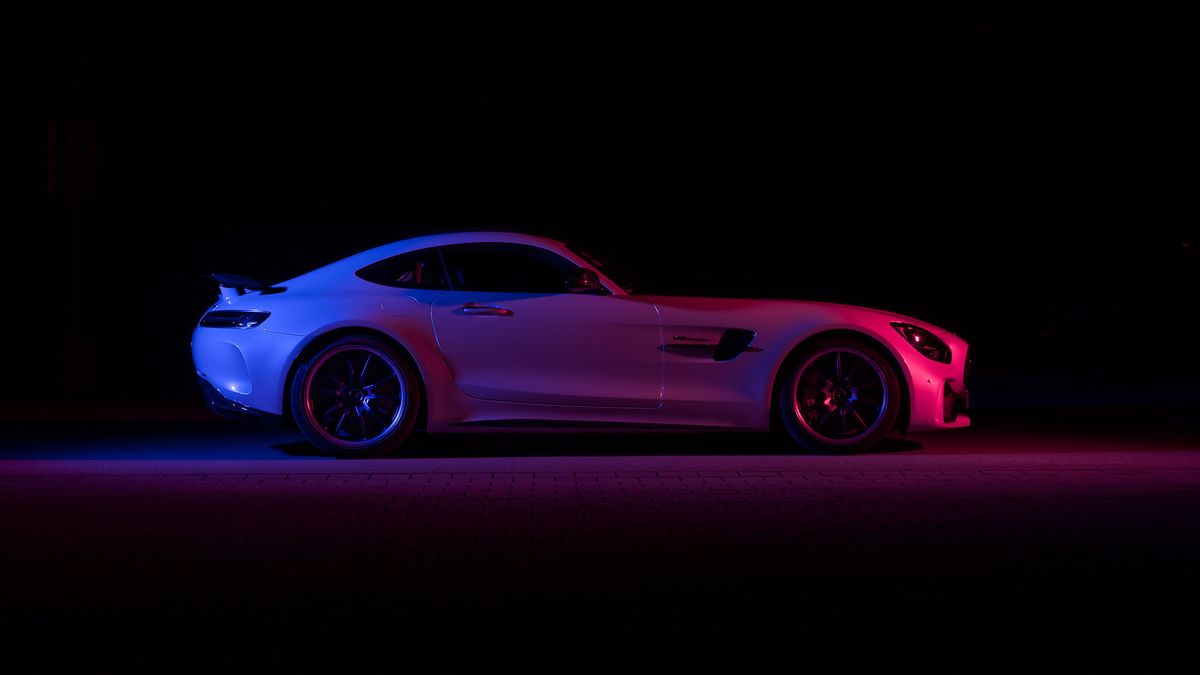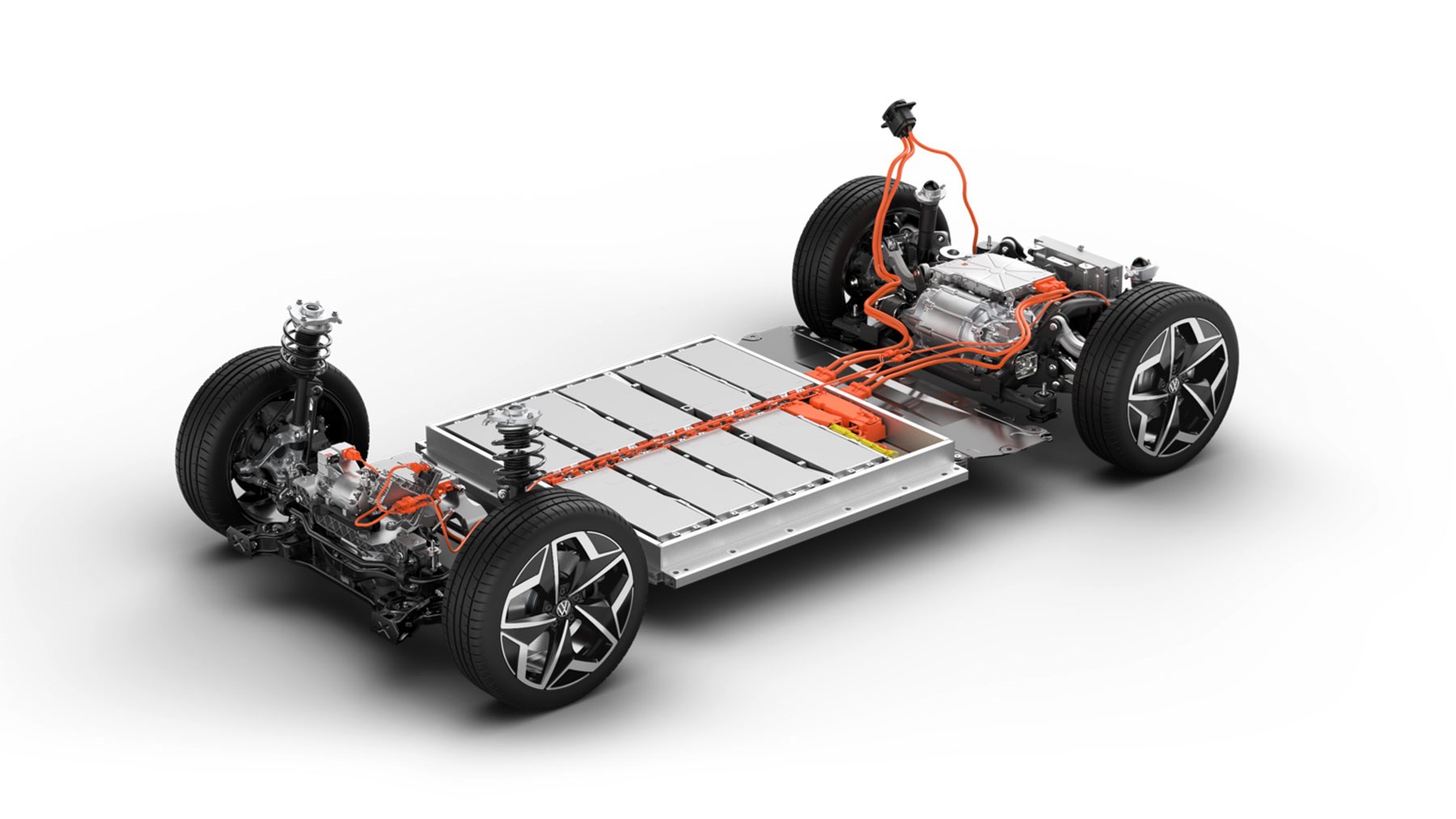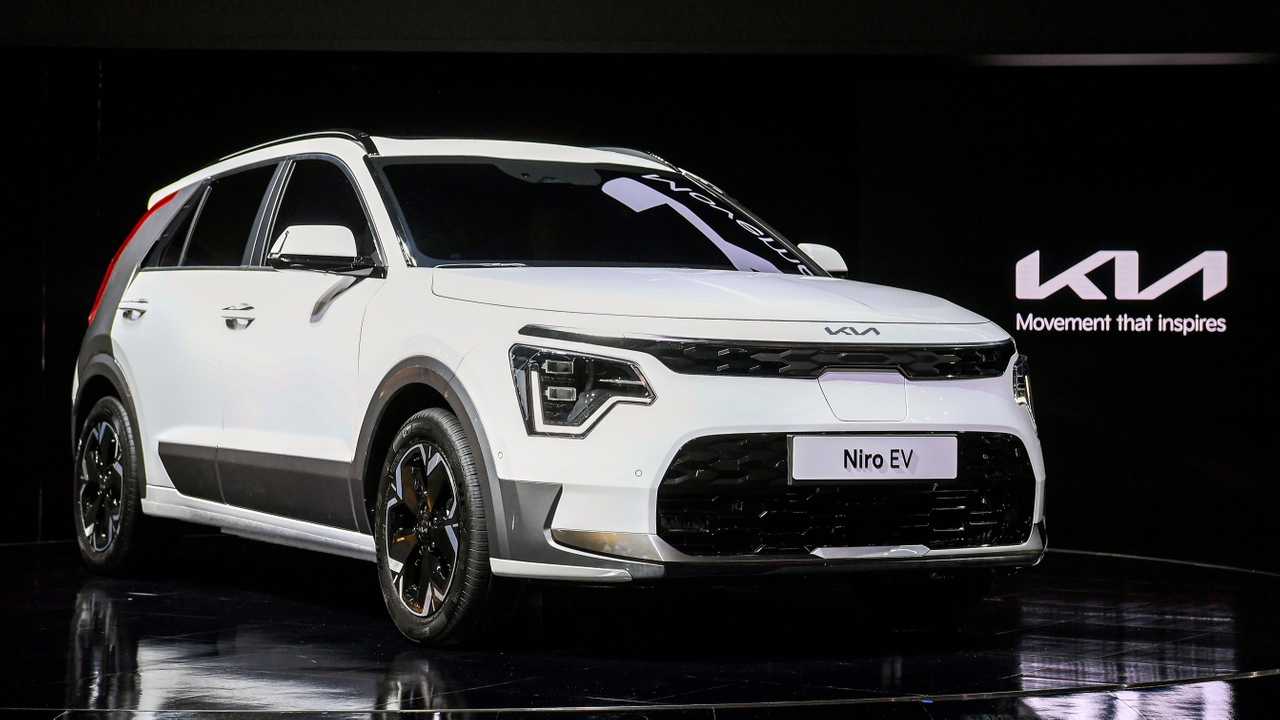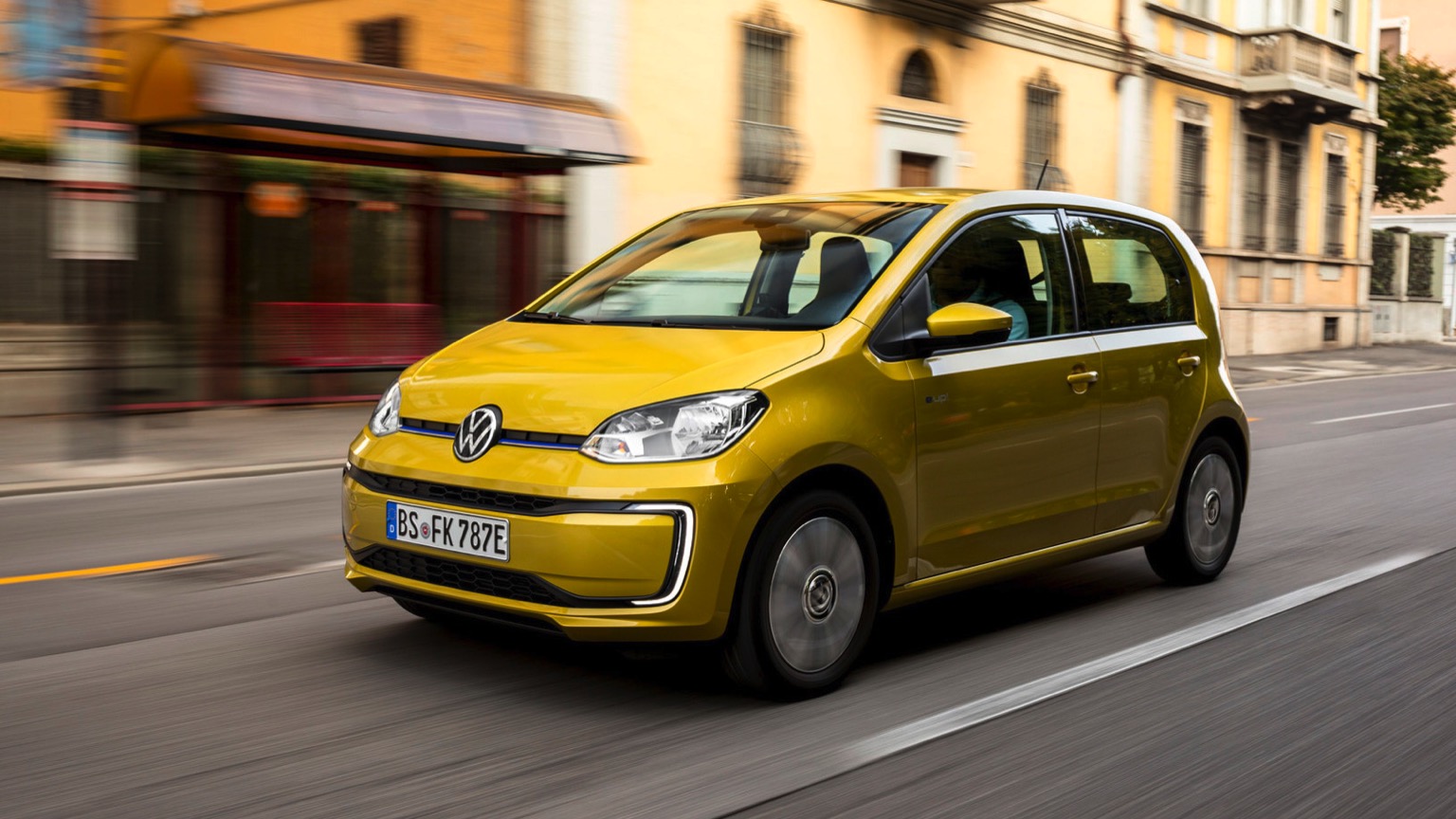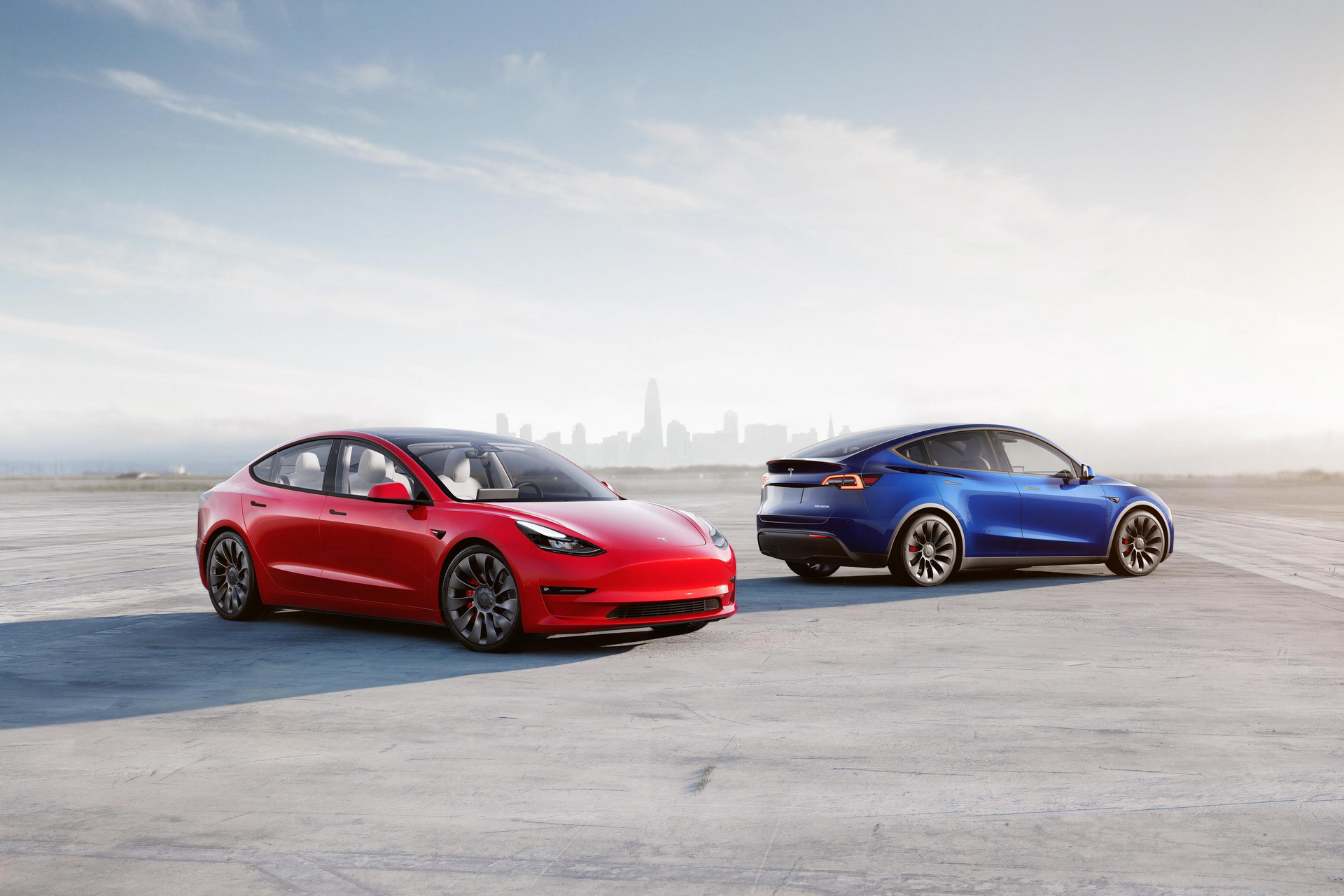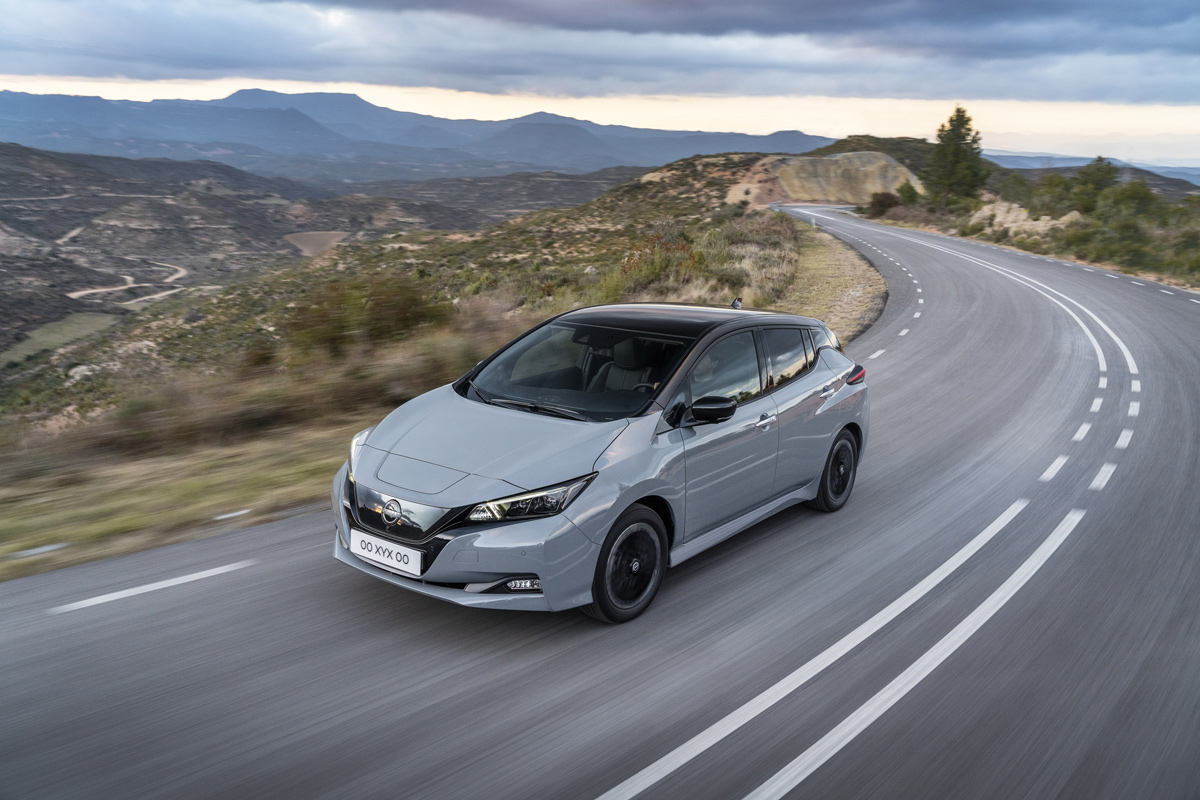Mercedes-Benz hopes to have a factory producing exclusive electric vehicles (EVs) in the second half of the decade. But as long as they build an EV factory only, the German automaker wants to maintain a flexible production line according to market demand.
The German automaker expects some of its in-plant production lines to switch entirely to electric sooner.
“Building a new battery-electric vehicle factory takes time. We have taken another approach,” Mercedes Production Head Joerg Burzer said in an interview with Reuters.
See also: Mercedes EQA 250 Price and Specifications [Infographic]
“We’re definitely going to have some lines producing only electric vehicles in the next few years … we’re also seeing entire factories switch to electric – that’s a topic for the second half of the decade,” he said.
The premium automaker will launch production of its EQE model, which was revealed last September at the IAA Mobility show, in Bremen later this year, followed by Beijing and Tuscaloosa.
Mercedes is betting on the model, an electric adaptation of the E-class with a peak range of 660 km, to boost sales of EV units as it shifts investment away from internal combustion vehicles and towards an electric-only production platform.
See also: Mercedes EQS 450+ Price and Specifications [Infographic]
“With the increase in EQE in Bremen and then in Beijing, we are entering a segment where we can deliver much higher volumes,” said Burzer.
Only 2.3% of Mercedes-Benz Car sales last year were battery-electric vehicles. This number, up to 11%, includes plug-in hybrid cars, which have internal combustion engines and batteries.
By 2025, they expect electric cars and electric hybrids to account for 50% of sales, while all-electric cars are expected to dominate most of that number.
The existing models are all being built at a plant that also produces internal combustion engine vehicles, with the batteries being transported by rail from the main plant in Sindelfingen to factories in Germany and Hungary.

